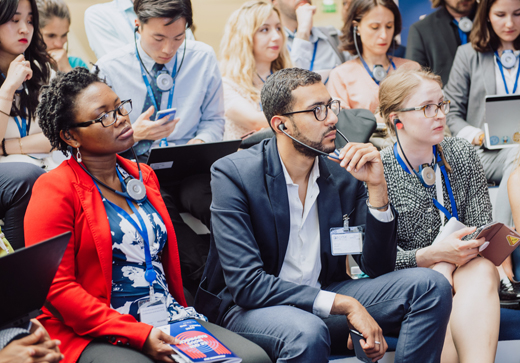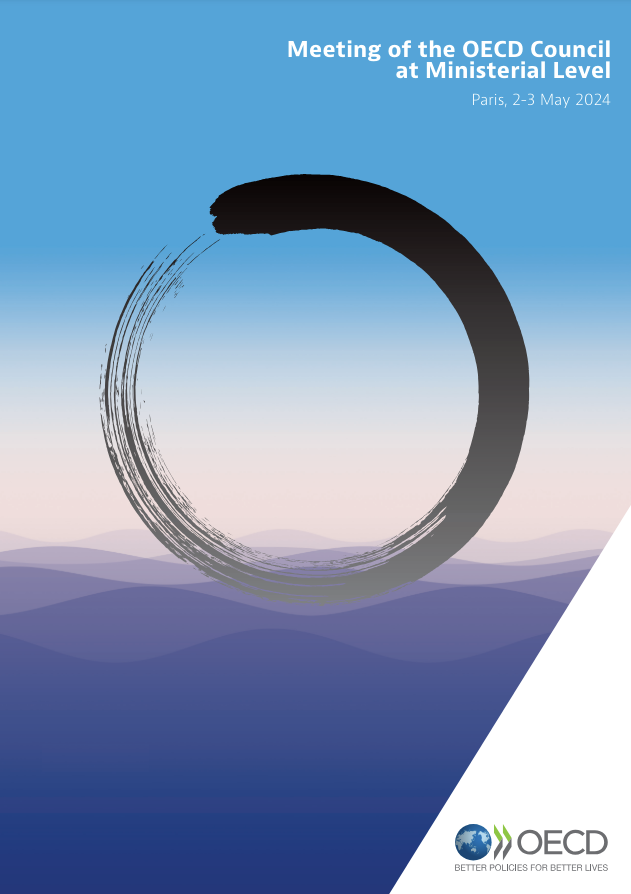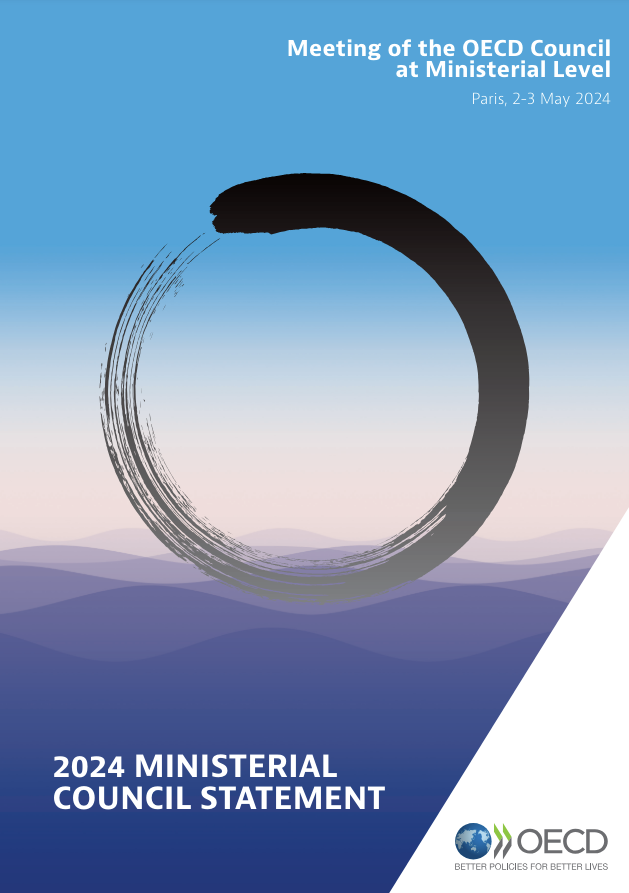- OECD Home
- About
-
Countries
- Afghanistan
- Albania
- Algeria
- Andorra
- Angola
- Anguilla
- Antigua and Barbuda
- Argentina
- Armenia
- Aruba
- Australia
- Austria
- Azerbaijan
- Bahamas
- Bahrain
- Guernsey
- Jersey
- Bangladesh
- Barbados
- Belarus
- Belgium
- Belize
- Benin
- Bermuda
- Bhutan
- Venezuela
- Bosnia and Herzegovina
- Botswana
- Brazil
- British Virgin Islands
- Brunei Darussalam
- Bulgaria
- Burkina Faso
- Burundi
- Cabo Verde
- Cambodia
- Cameroon
- Canada
- Cayman Islands
- Central African Republic
- Chad
- Chile
- Chinese Taipei^Taipei
- Colombia
- Comoros
- Cook Islands
- Costa Rica
- Côte d'Ivoire
- Croatia
- Cuba
- Cyprus
- Czechia
- Democratic People's Republic of Korea
- Democratic Republic of the Congo
- Denmark
- Djibouti
- Dominica
- Dominican Republic
- Ecuador
- Egypt
- El Salvador
- Equatorial Guinea
- Eritrea
- Estonia
- Ethiopia
- European Union
- Faroe Islands
- Micronesia
- Fiji
- Finland
- Republic of North Macedonia
- France
- French Guiana
- Gabon
- Gambia
- Georgia
- Germany
- Ghana
- Gibraltar
- Greece
- Greenland
- Grenada
- Guatemala
- Guinea
- Guinea-Bissau
- Guyana
- Haiti
- Honduras
- Hong Kong (China)
- Hungary
- Iceland
- India
- Indonesia
- Iraq
- Ireland
- Iran
- Isle of Man
- Israel
- Italy
- Jamaica
- Japan
- Jordan
- Kazakhstan
- Kenya
- Kiribati
- Korea
- Kuwait
- Kyrgyzstan
- Lao People's Democratic Republic
- Latvia
- Lebanon
- Lesotho
- Liberia
- Libya
- Liechtenstein
- Lithuania
- Luxembourg
- Macau (China)
- Madagascar
- Malawi
- Malaysia
- Maldives
- Mali
- Malta
- Marshall Islands
- Mauritania
- Mauritius
- Mayotte
- Mexico
- Monaco
- Mongolia
- Montenegro
- Montserrat
- Morocco
- Mozambique
- Myanmar
- Namibia
- Nauru
- Nepal
- Netherlands
- New Zealand
- Nicaragua
- Niger
- Nigeria
- Niue
- Norway
- Oman
- Pakistan
- Palau
- Palestinian Authority
- Panama
- Papua New Guinea
- Paraguay
- China (People’s Republic of)
- Peru
- Philippines
- Bolivia
- Poland
- Portugal
- Puerto Rico
- Qatar
- Moldova
- Congo
- Romania
- Russia
- Rwanda
- Saint Helena
- Saint Kitts and Nevis
- Saint Lucia
- Saint Vincent and the Grenadines
- Samoa
- San Marino
- Sao Tome and Principe
- Saudi Arabia
- Senegal
- Serbia
- Serbia and Montenegro (pre-June 2006)
- Seychelles
- Sierra Leone
- Singapore
- Slovak Republic
- Slovenia
- Solomon Islands
- Somalia
- South Africa
- South Sudan
- Spain
- Sri Lanka
- Sudan
- Suriname
- Eswatini
- Sweden
- Switzerland
- Syrian Arab Republic
- Tajikistan
- Thailand
- Timor-Leste
- Togo
- Tokelau
- Tonga
- Trinidad and Tobago
- Tunisia
- Türkiye
- Turkmenistan
- Turks and Caicos Islands
- Tuvalu
- Uganda
- Ukraine
- United Arab Emirates
- United Kingdom
- Tanzania
- United States
- United States Virgin Islands
- Uruguay
- Uzbekistan
- Vanuatu
- Viet Nam
- Wallis and Futuna
- Western Sahara
- Yemen
- Zambia
- Zimbabwe
- Curaçao
- Bonaire
- Saba
-
Topics
- Agriculture and fisheries
- Chemical safety and biosafety
- Competition
- Corporate governance
- Corruption and integrity
- Development
- Digital
- Economy
- Education
- Employment
- Environment
- Finance
- Green growth and sustainable development
- Health
- Industry and entrepreneurship
- Innovation
- Insurance and pensions
- Investment
- Migration
- Public governance
- Regional, rural and urban development
- Regulatory reform
- Science and technology
- Skills
- Social and welfare issues
- Tax
- Trade
- Ukraine
How we work
Did you know?
- In 2021, OECD commemorated its 60th anniversary
- More than 140 000 policy makers and shapers visit the OECD every year.

Inform

Influence

Set standards

Inform
We provide knowledge that members and partners can use as they make policy decisions. Our analysis is captured in the more than 500 major reports and country surveys and more than 5 billion data points we release every year, as well as the hundreds of policy briefs, articles and digital content on policy issues that we produce. As one of the world’s largest and most trusted sources of comparable statistics, data and policy analysis, we help inform debates in parliaments, the media, and research work. We scan and anticipate economic, environmental and social change, and provide country-specific reviews at the request of governments.
We help to guide and inform the international policy debates in global forums. We contribute to virtually all of the G20 work strands with data, analytical reports, policy recommendations and standards, and we collaborate with the G7, Deauville Partnership, Asia Pacific Economic Cooperation (APEC) and African Union Commission, as well as many others. We provide leadership in key areas at the request of governments, such as on tax avoidance, the fight against corruption, and digital transformation which can only be tackled through cross-border approaches. We help to foster effective international co-operation that improves economic outcomes and everyday lives.
How we engage with...
Governments
Officials at senior and working levels from Member and partner countries join our discussions in committees, expert and working groups to advance policy formulation and implementation. We also collaborate with international organisations and regional bodies through joint projects and the exchange of information. The OECD is an active partner of the G20 group and the G7.

Governments
Officials at senior and working levels from Member and partner countries join our discussions in committees, expert and working groups to advance policy formulation and implementation. We also collaborate with international organisations and regional bodies through joint projects and the exchange of information. The OECD is an active partner of the G20 group and the G7.
Parliaments
We maintain close relationships with parliamentarians through the Global Parliamentary Network, which provides access to OECD analysis and serves as an exchange forum among peers. It also enables the OECD to stay informed of constituents’ concerns and expectations from across the world.

Parliaments
We maintain close relationships with parliamentarians through the Global Parliamentary Network, which provides access to OECD analysis and serves as an exchange forum among peers. It also enables the OECD to stay informed of constituents’ concerns and expectations from across the world.
Civil Society
We bring in the views of civil society as part of our conferences, consultations and committee discussions. Business and labour representatives are included in our work through formal consultative bodies: Business and Industry Advisory Committee (BIAC) and Trade Union Advisory Committee (TUAC).

Civil Society
Influence
As a global forum and knowledge hub focused on designing better policies to improve lives, we convene countries and a range of partners from around the world to explore innovative ideas and best practices across the entire policy spectrum. Through thematic committees, expert and working groups, policy makers and policy shapers share insights and inspiration, tackling tough issues like inequality, youth unemployment, the gender gap, migrant integration, or ageing in poverty, to ensure that successes and challenges in one place can help inform and benefit others.
Representatives from governments, parliaments, business, labour, non-governmental organisations and academia all bring a unique perspective to guide change. While some 4 000 conferences and seminars take place each year at the OECD, our experts are present where the debates are happening, working directly with governments and broader civil society in countries and through consultations. The OECD Forum, our largest annual public event, welcoming more than 3 500 participants each year, embodies our approach. Created in 2000 to listen to and integrate stakeholders’ views, it informs policy discussions taking place at ministerial level.
Set standards
The OECD sets international standards and codes in collaboration with Member countries. Our agreed standards range from legally binding instruments, such as the 1997 Anti-bribery Convention, to recommendations designed to guide policy makers towards best practice on everything from consumer protection and chemical testing, to responsible business conduct and to safeguarding the environment. Some of our benchmarks include the Polluter Pays Principle and safety testing codes for tractors, which help save thousands of lives every year. Our standards and codes help level the global playing field, deepen international co-operation, and encourage all countries to address challenges and improve their own performance. They are developed at the request of countries, agreed upon by consensus, and are the fruit of thorough discussions and patient political negotiation, sometimes over several years.
We have developed over 450 international standards, including conventions, recommendations, guidelines and declarations over the past 55 years. They have become important tools to protect citizens, while enabling governments to save time and money. We work together constantly to improve these standards, in collaboration with Member and partner countries.
Our work and actions are driven by the following
core values:
core values:
- OBJECTIVE : Our analyses and recommendations are independent and evidence-based.
- OPEN : We encourage debate and a shared understanding of critical global issues.
- BOLD : We dare to challenge conventional wisdom starting with our own.
- PIONEERING : We identify and address emerging and long term challenges.
- ETHICAL : Our credibility is built on trust, integrity and transparency.
Our approach
Our approach to informing policies and creating global standards is based on a robust process of multi-stakeholder collaboration, intensive peer learning and mutual policy monitoring on a voluntary basis. By working together, and relying on evidence, we are ensuring that together, we help deliver better policies.
Dialogue &collaboration







